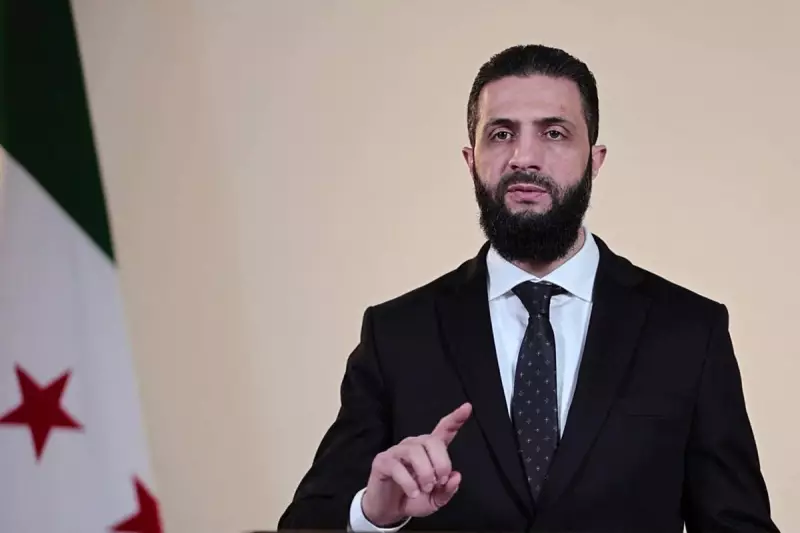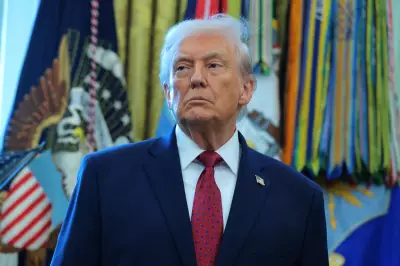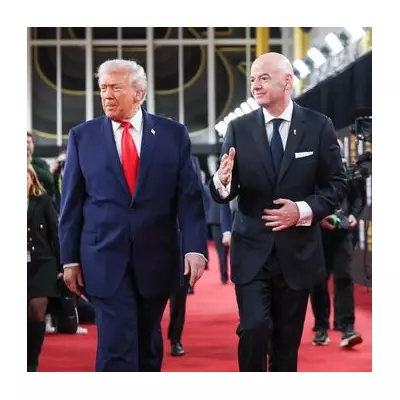
In a dramatic move that has sent shockwaves through diplomatic circles, Russia and China have jointly vetoed a United Nations Security Council resolution that would have maintained stringent sanctions on a key aide to Syrian President Bashar al-Assad.
The controversial decision prevents the extension of travel bans and asset freezes targeting Ahmed al-Sharaa, a senior political adviser considered instrumental in propping up Assad's regime during Syria's devastating civil war.
Trump-Era Sanctions Under Threat
The sanctions against al-Sharaa were originally imposed by the Trump administration in 2020, identifying him as a central figure in the Syrian government's efforts to circumvent international pressure and continue its brutal crackdown on opposition forces.
Western diplomats had argued vehemently for maintaining the restrictions, citing al-Sharaa's ongoing role in coordinating military operations and political strategy for the Damascus regime.
Divided International Response
The Security Council vote revealed deep fractures within the international community's approach to the Syrian conflict. While the United States, United Kingdom, and France pushed for maintaining pressure on Assad's inner circle, Russia and China characterised the sanctions as outdated and counterproductive to peace efforts.
"This veto represents a dangerous precedent that undermines international efforts to hold the Syrian regime accountable for its actions," one European diplomat told reporters on condition of anonymity.
What This Means for Syria's Future
The blocking of sanctions renewal comes at a critical juncture in Syria's political landscape:
- It signals weakening international consensus on maintaining pressure on the Assad regime
- Potentially opens doors for previously isolated Syrian officials to travel internationally
- Reflects Russia's continued determination to protect its Middle Eastern ally
- Raises questions about the future effectiveness of UN-led sanction regimes
Middle East analysts suggest this development could encourage other Syrian officials subject to international sanctions to seek similar relief through their diplomatic allies.
The outcome has been met with dismay by human rights organisations, who argue that lifting sanctions on regime figures while thousands of political prisoners remain detained and chemical weapons use remains uninvestigated sends the wrong message entirely.





